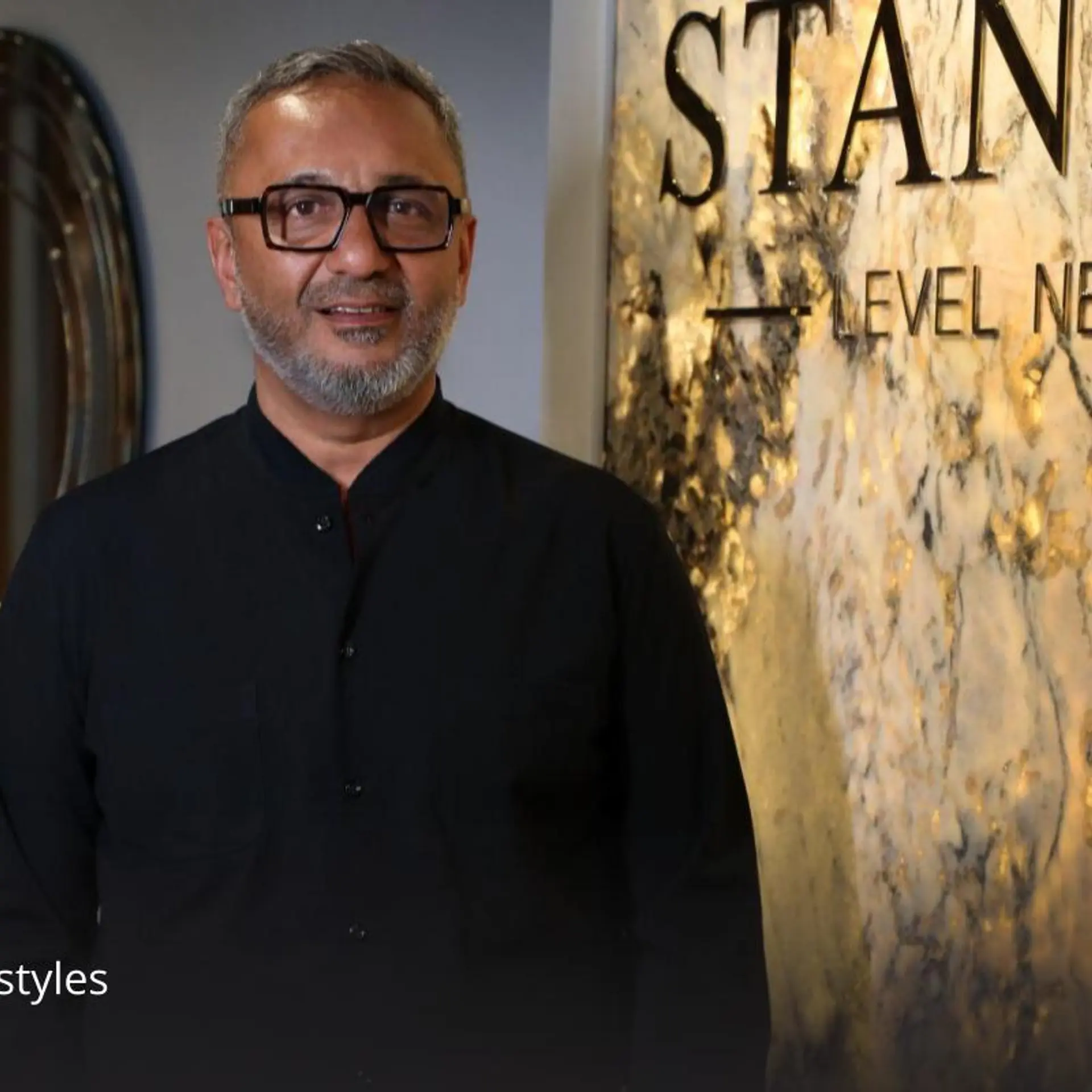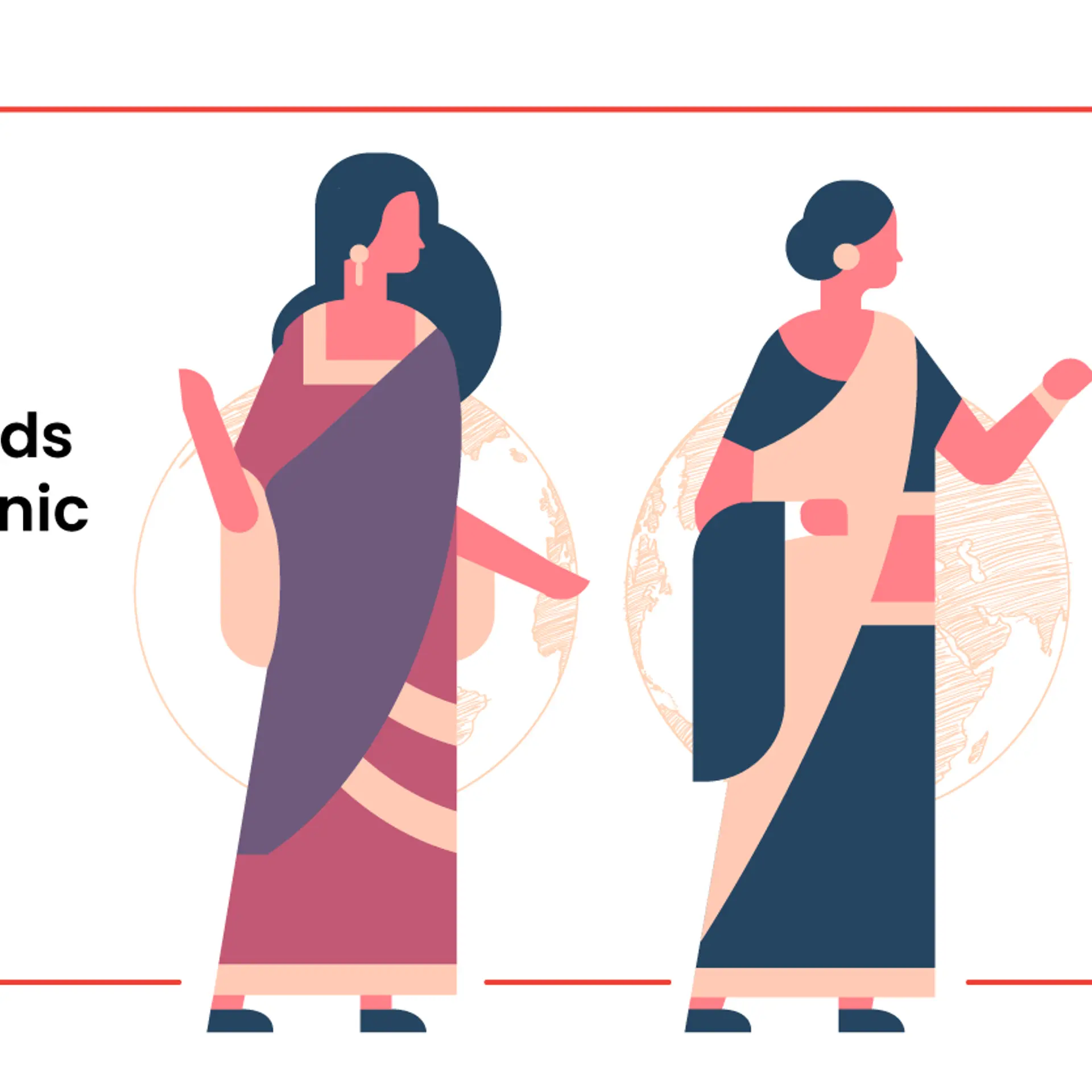Meet 5 renowned businesses of India that started with little money
Be it a big or a small business, a comfortable financial cushion helps companies thrive. However, there are few businesses in India that started with little money in hand but are now large enterprises standing as an example for budding entrepreneurs.
Businesses, at least for the first few years, require a strong capital inflow to grow before they become profitable. Despite initial investment having such a crucial role in the inception of any business be it small or big, SMBStory happened to speak to entrepreneurs who started large business empires with little or no money. They believe that hard work played a pivotal role in where they stand today.
So today, SMBStory brings to you the stories of five big businesses of India that show it takes more than a large capital to make an idea click.
LT Foods
Around 70 years ago, Raghunath Arora, a rice agent, had a mission to feed the people of his village — Bhikhiwind in Amritsar — with quality rice.
He started a small rice trading company in 1965, which later turned into a partnership firm, Lalchand Tirath Ram Rice Mills (LT Foods), in 1977. Raghunath had bigger plans.
He wanted to make the homegrown basmati rice — famously used in pulao and biryani — reach beyond Amritsar without sacrificing a fair price for the hardworking farmers. Raghunath would inspect each batch of rice by hand to ensure quality.
Following such principles, over the years, has grown to what we today know as the Daawat Basmati rice brand.
So, how did the brand stay relevant for years? “By keeping the value of the company intact,” says second-generation entrepreneur Ashwani Arora, Managing Director, LT Foods, in a conversation with SMBStory.
“My father started the business, and my brother, Vijay Kumar Arora, introduced it globally. We carried forward the value our father inculcated in the business for keeping the quality consistent and innovating with the changing times,” Ashwani says.
Daawat has captured about 20 percent of the market share in India amid stiff competition from brands, including India Gate, Kohinoor, etc. At present, it caters to 60 countries. LT Foods clocked Rs 4,686 crore in revenue in FY21, claims Ashwani.
In the 1960s, Gumani Ram Agarwal (GR Agarwal) lived in the desert-like, semi-arid regions of Churu district in Rajasthan. There were no roads, and the grain merchant found it difficult to commute to neighbouring villages and towns for work.
With limited resources to feed his family, survival was hard.
GR Agarwal felt the government was not focused on constructing roads in such areas at the time. Not one to give up, he took up the task himself and started a business to build roads in the state in 1965.
Starting from scratch with an infrastructure project near Jaisalmer, his small partnership firm served as the foundation for GR Infraprojects – an integrated road engineering, procurement and construction (EPC) business with Rs 6,028 crore turnover in FY20. In recent years, it has forayed into railway projects as well.
In an exclusive interview with SMBStory, his son Vinod Kumar Agarwal, MD and promoter at the firm, says:
“Under difficult conditions in our village, our family had to fight for survival. My father challenged himself to make a difference and start an infrastructure company. Most of us (my brothers) did not receive proper education in the village, and one by one, we joined our father’s business. Over the years, our family business grew as the opportunities for road construction unfolded in the country.”
In 1995, the family business was incorporated as GR Agarwal Builders and Developers, and in 1996, acquired the founding father’s partnership firm. Later, in 2007, it was renamed GR Infraprojects and took up a fresh certificate of incorporation.
KRBL
As India strengthens its stance to acquire a geographical indication (GI) tag for basmati rice — traditionally grown in India — SMBStory caught up with one of the first rice brands to introduce the long slender-grain aromatic rice in a packaged form for Indian consumers.
In undivided India, two brothers — Khushi Ram and Behari Lal — wanted to bring quality essentials for customers. In 1889, they set up a small business dealing in rice, edible oil, and wheat in Lyallpur (now in Pakistan).
However, as the differences between India and Pakistan widened, the brothers called it quits and made their way to India. They began from scratch and formed a company called (an acronym of their names) in Lahori Gate, New Delhi.
Like many small entrepreneurs, they had to hustle, struggle, and work against the odds to sustain the company.
Over the next few years, KRBL would become the ‘Gateway to India’ through its ‘India Gate Basmati Rice’ brand — the company’s flagship product serving customers for over 100 years.
In an interaction with SMBStory, Priyanka Mittal, a fifth-generation entrepreneur and the Whole Time Director of KRBL Limited, discusses the operations of the family-owned business, which runs on the core ethics and vision of the founders.
She also talks about KRBL’s impact and how the brand has grown multifold, taking Indian basmati rice worldwide.
Giani Ice Cream
Did you know that many ice creams we eat are actually frozen desserts?
Keeping hold of a legacy spanning more than six decades, Taranjit Singh, Director and the third-generation entrepreneur of , in an exclusive interaction with SMBStory, explains what differentiates the brand from the mass players.
“People need to understand that there are two markets — ice cream and frozen desserts. Ice cream is made of milk, cream, and butter unlike the latter that uses vegetable oil,” he said.
Giani Ice Cream was started in 1956 amid the busy lanes of Fatehpuri, Chandni Chowk in Delhi after Giani Gurcharan Singh migrated from Pakistan. The business started in a small shop with a handful of money, and by making rabri faluda to calm the sweet cravings. Now, the brand stands out for its name across India with more than 210 stores – with 40 of them in Delhi/NCR alone.
Pansari Group
Shammi Agarwal’s great grandfather ran a small grocery shop called ‘pansari ki dukaan’ (grocery shop) in Delhi in the 1940s. Thereafter, his grandfather, Gokul Chand Agarwal, further expanded the business by venturing into wholesale trading of edible oils.
This started the journey of Pansari Group.
Later, in 1962, Shammi’s grandfather even set up an oil refinery in West Bengal which produced 180-200 tons of vegetable oil every day under Pansari Industries.
The 1990s was an important decade when Pansari Group was transitioning from trading to manufacturing. Between the 1990s and 2005, the company set up about seven units spread across northern India.
Today, the group has grown into a sizable player in the market. It manufactures and sells till oil, soya oil, refined oil, mustard oil, and more in India and abroad.
While competing with players such as BL Agro, Ruchi Soya Industries, Gokul Refoils, Anik Industries, Fortune and several more, Pansari Group claims to have a market share of more than 17 percent in the Delhi-NCR region. It is present across all states in north India.
Shammi also adds that it sells a few products for the south Indian market as well. For instance, rice sells in Andhra Pradesh and Telangana as it is majorly a “Biryani market.” Gunpowder and dosa mixes were also developed to be sold in this market.
Moreover, Pansari Group is also present in 42 countries, including the UK, the US, Canada, Australia, Singapore, etc.
Edited by Affirunisa Kankudti









